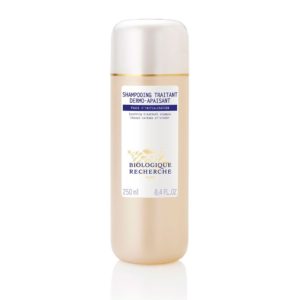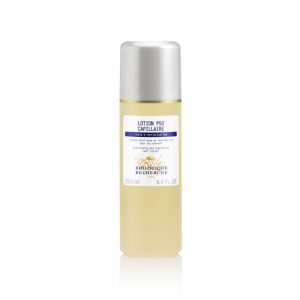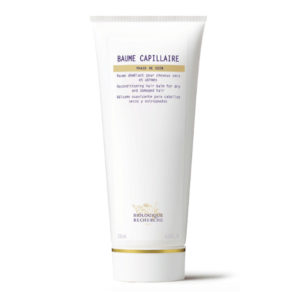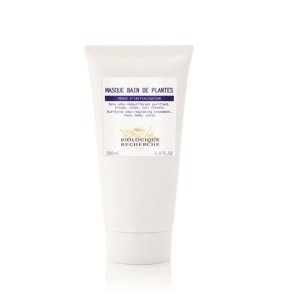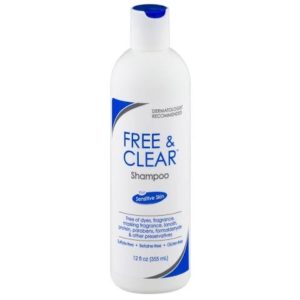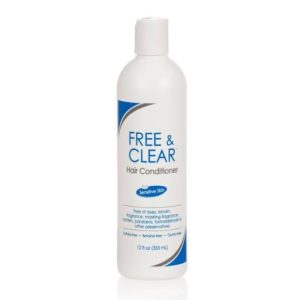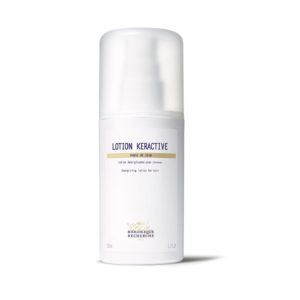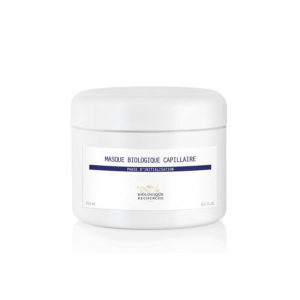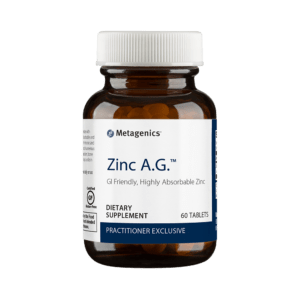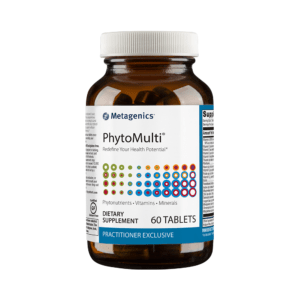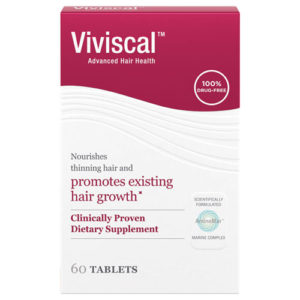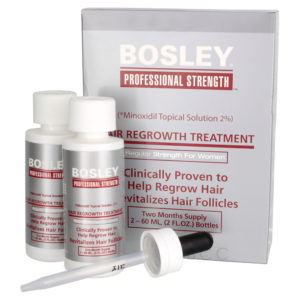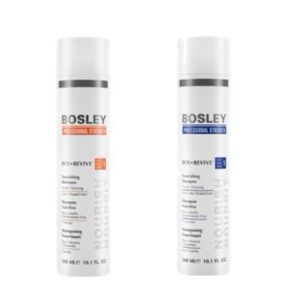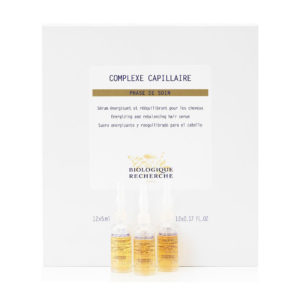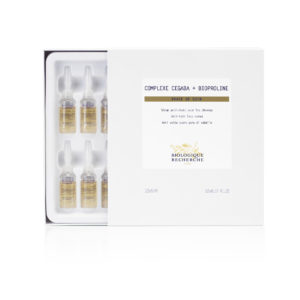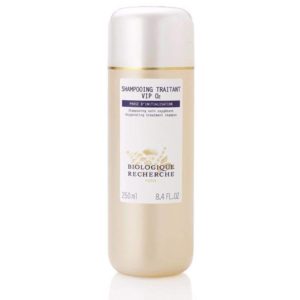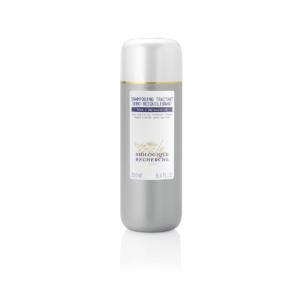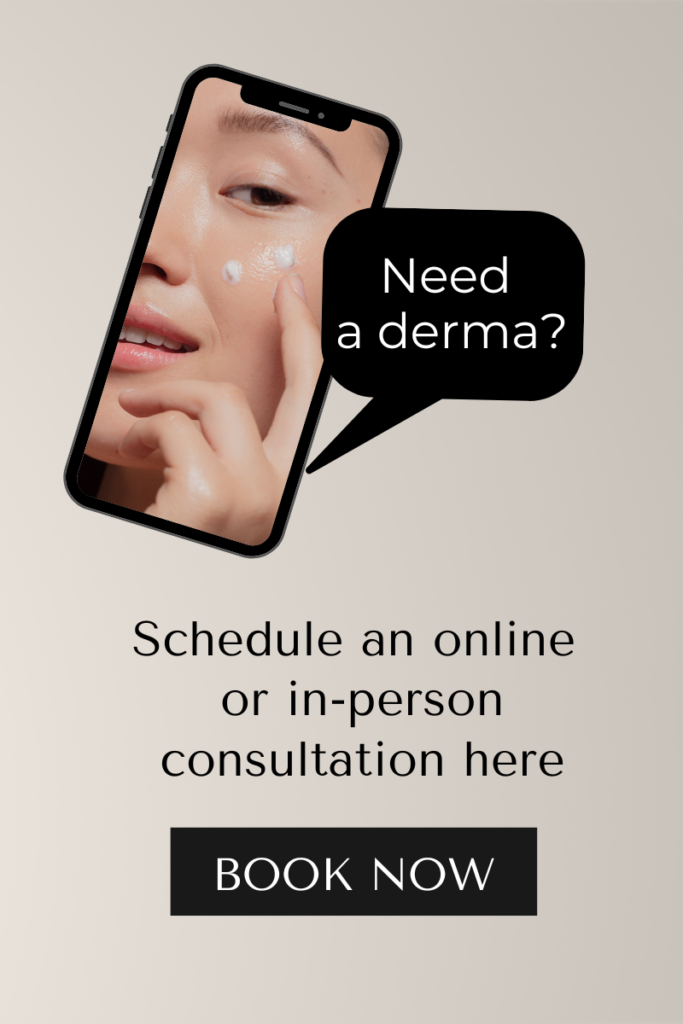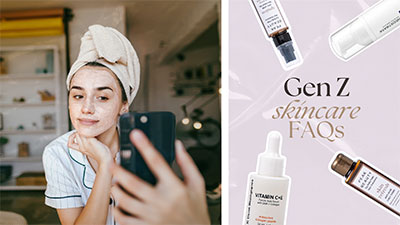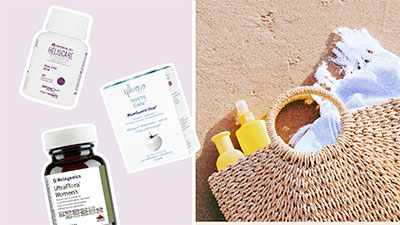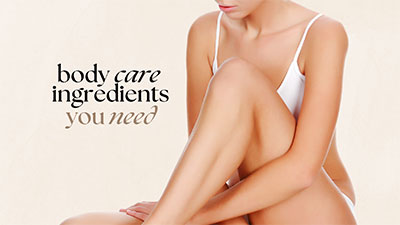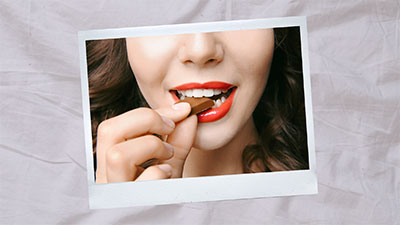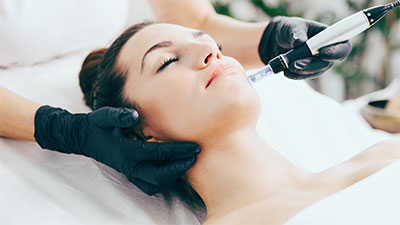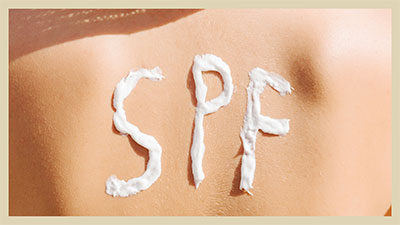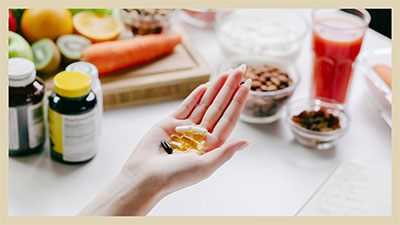Derma-Approved Ways To Boost Your Hair Health
It’s the little habits that can make or break your mane.
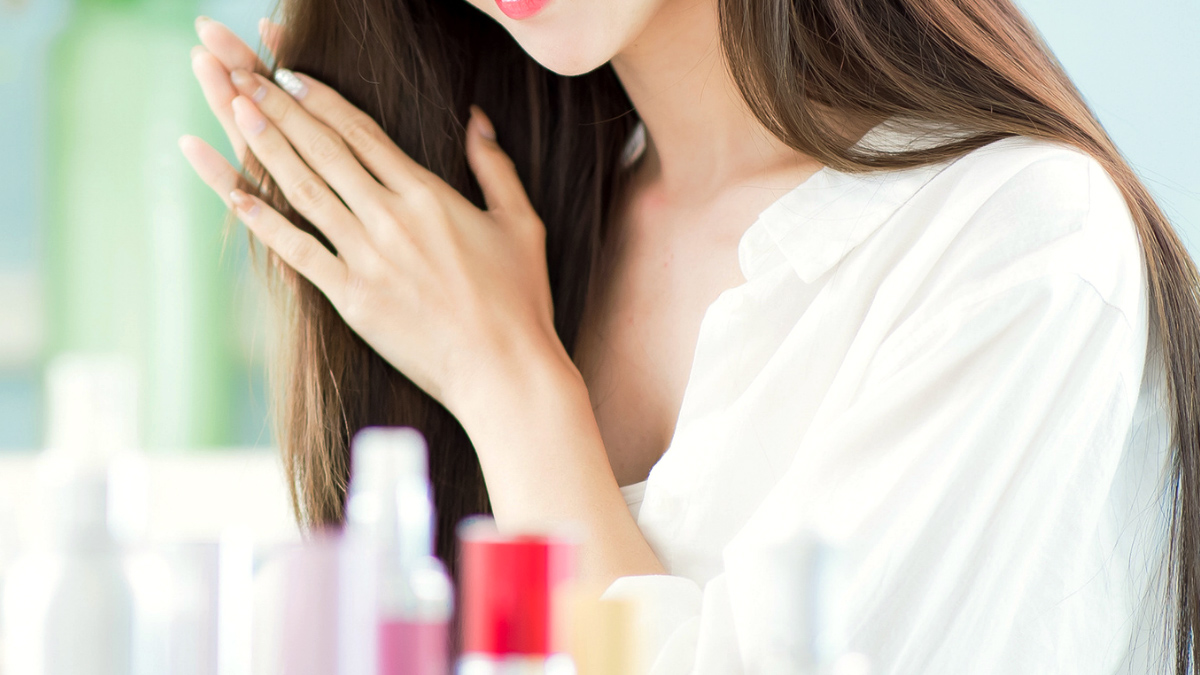
“Invest in your hair. It’s the crown you never take off.”
It may sound like a Hallmark card, but this line can’t be more true—especially for women of a certain age, whose formerly thick and shiny locks are showing more signs of wear and tear with each passing day. Aside from the usual concerns like dandruff, dryness, and split ends, more troubling issues, such as hair loss and thinning, start to manifest in your 30s and 40s, making you wish that you had “invested” in hair care earlier.
It’s important to note, though, that hair degeneration is normal and inevitable as your locks mature, too. Normally, a person sheds an average of 100 to 150 strands per day, whereas hair grows at a rate of about a half-inch per month. As you age, this rate slows down, leading to the visible signs of hair aging. (FYI: This affects your brows and lashes as well.)
But whether you’re struggling with hair fall, looking to remedy thinning, or simply want to boost your hair’s overall health, we’ve rounded up derma-approved tips and reminders on how give your crowning glory the TLC it deserves… starting right now.
1. Take care of your scalp.
Most of the time, we’re so focused on our strands—even obsessively checking for split ends every chance we get—yet we often overlook our scalp. This neglect can lead to the buildup of oil, dirt, and even hair products, which can then result in itching or hinder proper hair growth.
But how exactly do you care for your scalp? The American Academy of Dermatology (AAD) Association recommends concentrating your shampoo primarily on the scalp, where there’s most grease, rather than on the entire lengths of hair.
Meanwhile, Dr. Maximin Navarro, Fellow of the Philippine Dermatological Society (PDS) and resident dermatologist of Bella Pelle Philippines, recommends exfoliating your scalp once or twice a week to recondition and purify. The massaging action that comes with exfoliation also stimulates blood flow, boosting hair growth.
2. Minimize heat and styling products.
Are you fan of heated hair tools and all sorts of styling formulas, such as creams, mousses, and sprays? Overworking your strands with daily blow-drying and the overloading of products can take a toll on your hair and scalp, inflicting damage (hello, dryness and brittleness!) and chemical buildup.
As much as possible, try to minimize habits that can damage the hair cuticle. It’s also ideal to switch to chemical-free products to give your locks time to rest and repair naturally. Try the Free & Clear Shampoo and Conditioner, which are formulated without fragrance, parabens, or sulfates for extra gentle cleansing.
If you must style with heat, make sure to use a heat-protecting product or a leave-in protective treatment, like the Biologique Recherche Lotion Keractive. Dry, fragile locks can also benefit from a nourishing mask, like the Biologique Recherche Masque Capillaire.
3. Eat a healthy diet.
A nutrient-rich diet can greatly help in improving the health of your hair follicles, promoting stronger and shinier locks. Make sure you load up on food items that are rich in protein, biotin, omega-3 fatty acids, vitamins A, C, D, E, and iron. Examples of these are eggs, fatty fish (like salmon and mackerel), leafy vegetables, avocados, and nuts.
In addition to these, you can also take nutritional supplements as recommended by your physician or dermatologist.
4. Cut back on stress.
It’s no coincidence that you experience more hair fall when you’re under a lot of pressure. Stressful events such as work drama, dealing with an illness, or giving birth can affect your body immensely, and can even trigger a type of hair loss called telogen effluvium. (You can read more about it here.) In this condition, about 30% of hair stops growing and goes into a resting phase before falling out. The good news is that once stress is reduced, hair growth typically returns to a healthy state.
In case it does not immediately return to a healthy level, your doctor may prescribe products that help stimulate regrowth, such as topical solutions containing Minoxidil. You may also be advised to switch to professional-strength products formulated with activate ingredients that rejuvenate the hair and scalp.
|
Bosley Hair Regrowth Treatment Regular Strength For Women, P2,750 |
5. Listen to your hair and its needs.
Like the rest of our body, our hair shows “symptoms” whenever it’s feeling neglected or is suffering from damage or deficiencies. It helps to pay attention to how your strands look and feel—and how they react to products that use or your daily grooming habits. Of course, good hair care starts with regular washing and conditioning, coupled with gentle detangling and brushing.
And since we live in a tropical climate, it’s worth noting that it’s okay to shampoo your locks every day (even twice a day) especially if you’re prone to grease. To prevent dryness, make sure to condition the lengths up to the ends, and to towel-dry gently before air-drying. Remember, though, that everyone’s hair and scalp are different, so the products or rituals that work for others may not exactly work for you.
Check out these premium products designed to improve hair health:
6. When in doubt, see a professional.
Got hair issues that are making you worried? It’s always best to consult with a doctor to get to the root of the problem, instead of self-medicating or waiting for things to get worse. You can book a virtual consultation with our resident dermatologist, Dr. Maximin Navarro, and Michelle Reyes-Navarro, founder of Bella Pelle Philippines.
Looking for a product for your specific hair concern? Message us on Facebook or Instagram at @bellapelleph.
For more beauty and skincare tips, subscribe to our newsletter:
SHOP OTHER PRODUCTS:
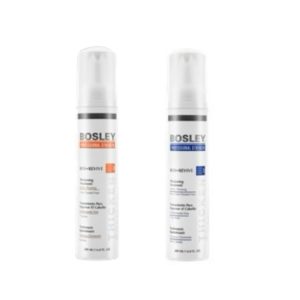 Bosley BOSRevive Thickening Treatment, P1,850 |
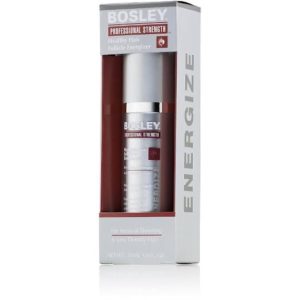 Bosley Professional Strength Follicle Energizer, P1,800 |
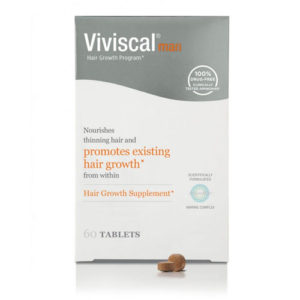 Viviscal Man, P3,500 |
 Metagenics Ultra Potent-C 1000, P2,200 |
RELATED READS:
- 5 Reasons Why Your Brows And Lashes Are Thinning
- Healthy Hair Secret: You Need To Exfoliate Your Scalp
- Yes, Stress Can Lead to Hair Loss

